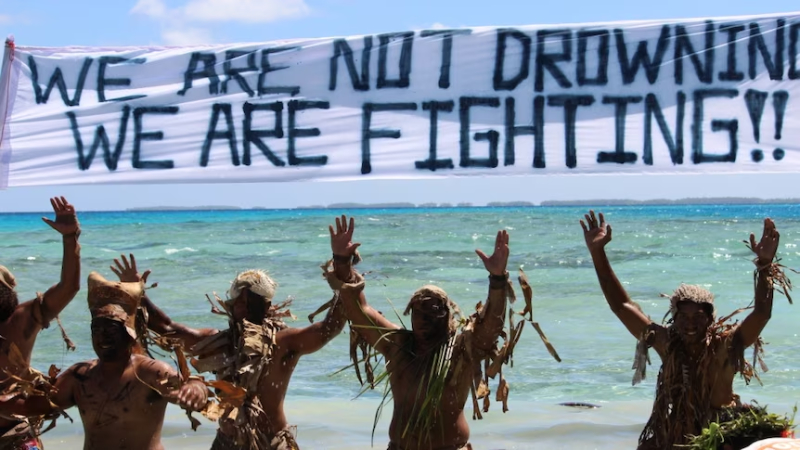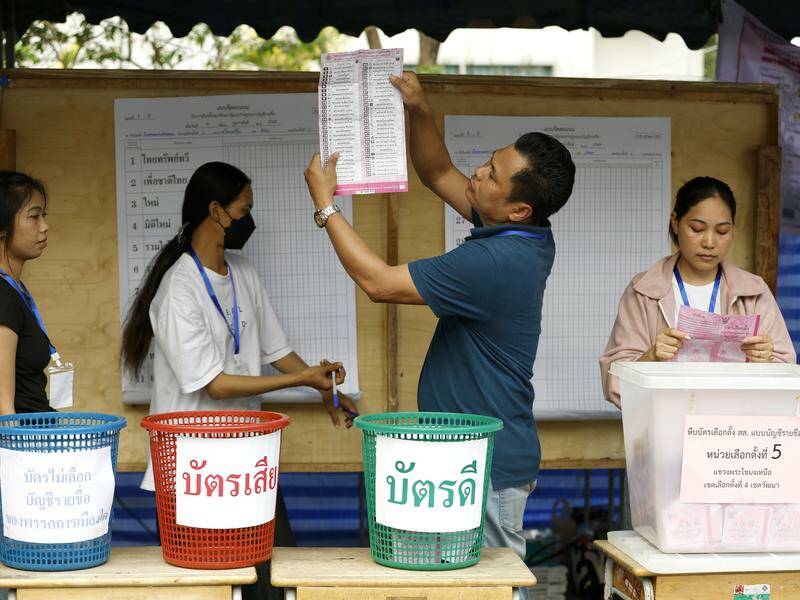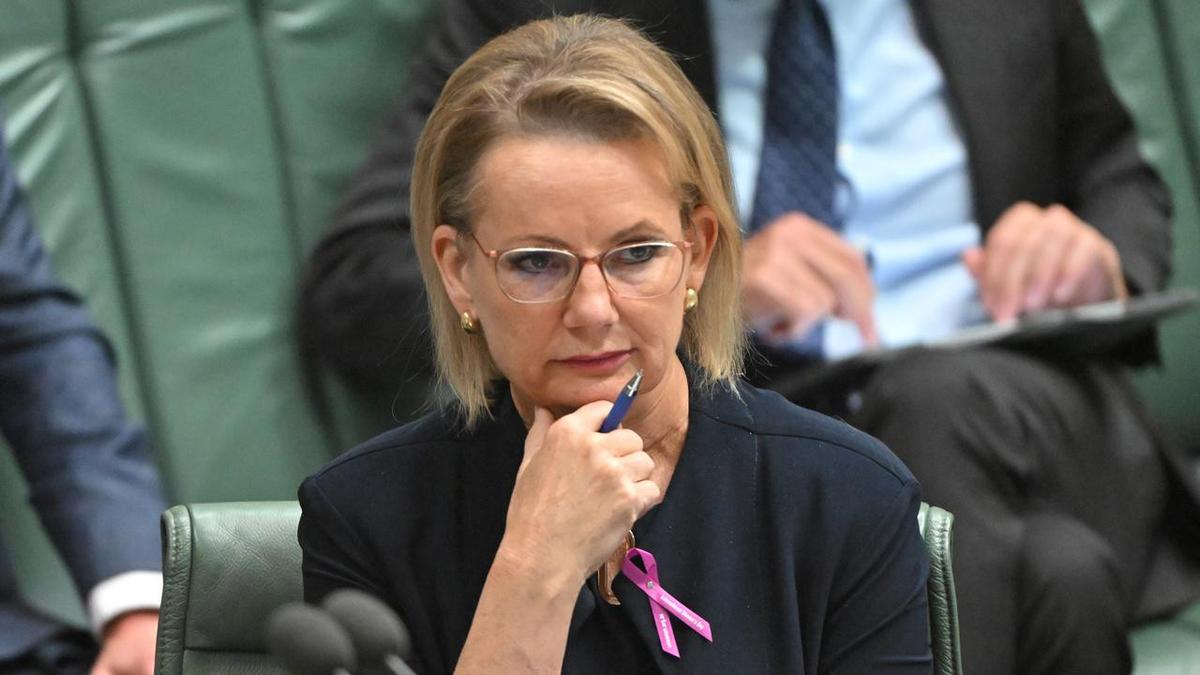
The Australian government’s recent agreement to send hundreds of refugees to Nauru has ignited significant debate over human rights and environmental responsibilities. Triggered by a 2023 High Court ruling, which stated that non-citizens cannot be indefinitely detained without constitutional grounds, this deal has raised complicated questions regarding the treatment of displaced individuals and the implications for climate-vulnerable nations.
The High Court’s decision resulted in the release of many individuals from immigration detention, as they could no longer be lawfully held. However, the ruling did not create a clear pathway to permanent residency for stateless people, prompting the government to seek alternative solutions for refugees who find themselves without a home. The Nauru “solution” emerged as a controversial response.
Nauru, known as the world’s smallest island state, has a population of approximately 12,000 people living on an area less than that of Melbourne Airport. According to the Department of Foreign Affairs and Trade (DFAT), the country is grappling with severe climate challenges, including prolonged droughts, coastal erosion, and rising sea levels. These issues are expected to worsen over time, contributing to Nauru’s precarious existence.
In light of these challenges, Nauru launched the Higher Ground Initiative in 2021, which aims to relocate a significant portion of its population inland over the next 50 years. This ambitious project seeks to rebuild critical infrastructure, including homes, schools, and hospitals, as the nation faces its existential challenge.
In 2019, a group of law students formed the Pacific Island Students Fighting Climate Change (PISFCC) to advocate for clearer international legal obligations concerning climate change. Supported by the Government of Vanuatu, the group has campaigned for the International Court of Justice (ICJ) to clarify states’ responsibilities to mitigate climate impacts.
On 23 July 2025, the ICJ delivered a unanimous ruling affirming that states have binding obligations to protect populations from climate-related harm. This ruling is significant in light of the recent High Court decision, as it underscores the intersection of human rights and environmental obligations.
The Australian Parliament responded to the High Court’s ruling by swiftly amending the Migration Act 1958, introducing measures such as ankle bracelets, curfews, and other restrictions on the movement of released individuals. The Home Affairs Minister defended these changes as necessary for public safety, despite the ongoing controversy surrounding the $2.5 billion deal that enables Nauru to accept hundreds of deported individuals on 30-year visas.
In the wake of the agreement, Parliament rushed through the Home Affairs Legislation Amendment (2025 Measures No. 1) Bill 2025. This legislation declared that the rules of natural justice do not apply to third-country reception arrangements, allowing for the detention and removal of individuals without notice. Critics argue that this undermines the rights of those affected, many of whom have established lives in Australia.
As Nauru prepares to accept more exiles, questions arise regarding the social and environmental impacts of this deal. With Nauru’s existing unemployment rates, it remains uncertain how these new arrivals will contribute to the local economy. President David Adeang has remarked that these individuals have served their time and should not be punished further. However, sentiments among Nauruans reveal concerns about the influx of individuals labeled as “foreign criminals.”
The details of the Memorandum of Understanding signed on 29 August 2025 remain undisclosed, leaving many questions unanswered. While Nauru promises 30-year visas without family reunification or citizenship rights, the extent of protections for those deported remains unclear. If Nauru wishes to deport individuals, Australia must be consulted, but the lack of transparency raises ethical concerns.
The Australian government maintains that its offshore processing policy is lawful; however, it cannot evade accountability by outsourcing its responsibilities. The ICJ’s ruling emphasizes that human rights obligations are not confined by borders, reinforcing that Australia must uphold its duty of care towards displaced individuals.
As the situation unfolds, the Australian government faces mounting pressure to address these complex issues. The potential for further deals with other climate-affected nations looms, raising ethical questions about the treatment of vulnerable populations. The challenge now lies in whether Australia will address its legal and political responsibilities or continue to shift the burden elsewhere, impacting lives both regionally and domestically.






